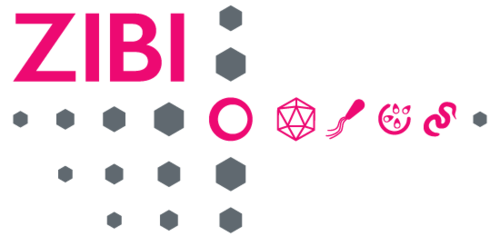Statistical Literacy Workshop with Dr. Rick Scavetta
Statistical Literacy is intended for researchers in the beginning stages of their doctorate. This workshop is meant as a refresher for university-level introductory statistics courses. It is not a comprehensive survey of all techniques students may encounter, nor is it a custom consultation service to advise students on their specific research questions.
| Start | Jun 09, 2020 | 09:30 AM |
|---|---|
| end | Jun 12, 2020 | 11:30 AM |
The often overheard question ”What test should I use?” reflects a poor understanding of statistics as a static & authoritative black box that is applied after results are obtained. It is essentially statistical illiteracy, a failure to properly understand and use statistics as a part of scientific inquiry. The Statistical Literacy workshop aims to provide the foundation to become statistically literate. This is similar to how an experimental biologist needs to have an intuitive feel for the nuances of an experimental method. Without understanding the limitations of a method, results cannot be properly interpreted; nor can problems be identified and resolved. Results are accepted at face value without considering where they come from.
What will be covered?
The workshop consists of three sections: Collecting, Describing & Inferring. Practical tools and the theoretical background to understand how they work will be introduced. Mathematical equations will be used when helpful and are provided in the reference book, but they will not be the focus of the workshop. Our goal is to enlighten via intuitive understanding, not confuse via math. A short list of workshop topics is provided below.
1. Collecting
- Defining hypotheses
- Random sampling
- Sampling bias
- Systematic error versus random error
- Understanding the scientific process and the role of statistics
- The process of conducting statistics, which acts as a guide forthe rest of the workshop.
2. Describing
- Understanding the different types of data scientists will en-counter
- Different measurements for location and spread
- Matching location and spread measurements
3. Inferring
- Commonly used probability distributions
- Estimation and Hypothesis testing
- Test statistics and p-values
- Unifying concepts underlying different statistical tests
- Variations of the t-test (one and two-sample, plus differentconditions)
- Fundamentals of linear regression
- ANOVA and (chi)2 test, time permitting
What Learning Instruments will be used?
This workshop will engage students on several levels. We will make use of web-based interactive applications, various data-sets, animations, a reference book, quizzes, in-class discussions and research scenarios.
